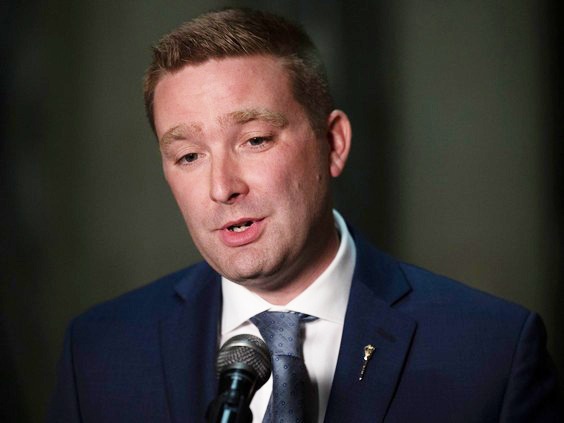
The province recently announced a new pilot for specialized support classroom focusing on helping staff manage and de-escalate behavioural incidents
The Government of Saskatchewan is providing a $3.6 million investment to fund the pilot in eight school divisions, which begins this February and runs until the end of the 2024-25 school year.
The eight divisions include both the Prince Albert Catholic School Division and Saskatchewan Rivers School Division.
Saskatchewan Rivers director of education Neil Finch said via email that they are awaiting more details.
“We are excited to be a part of the project but we will need some time to know exactly what our plan will be,” Finch wrote. “I will not have much information for a few weeks. After that we should have a full plan for the rest of this year.”
The Prince Albert Daily Herald contacted the Prince Albert Catholic School Division but did not receive a response by press time.
Other participating divisions include Living Sky School Division, Light of Christ Catholic Schools, Greater Saskatoon Public Schools, Saskatoon Catholic Schools, Regina Public Schools and Regina Catholic Schools.
The pilot will provide a classroom with specialized supports to help students practice self-regulation skills while also addressing the impacts of disruptions in the home classroom. The specialized support classroom setting will be staffed by a minimum of one teacher and two educational assistants. The space will have capacity for 15 students and may use other supports from staff as needed, such as psychologists and counsellors.
The pilot is also expected to provide long-term solutions to evaluate targeted intervention methods and increase teacher capacity to manage complex classrooms.
“We have heard from Saskatchewan teachers that they need to spend more of their time teaching rather than managing disruptive behaviour,” Education Minister Jeremy Cockrill said in a release.
“This pilot aims to support students to continue their studies uninterrupted but also assists students who need targeted interventions in the short-term.”
All of the school divisions selected are in urban areas and each will choose their participating schools.
The Ministry of Education is working closely with the school divisions as they develop plans to meet the needs of their students within their local context.
Participating schools will have procedures in place to identify the behaviours and interventions and engage and inform parents/guardians of students who are being supported by the specialized support classroom.
The province stated in a release that this investment to support classroom complexity is in addition to the $40 million funding school divisions received to support enrolment growth and class complexity in June 2023.
The same day as the announcement the conciliator’s report to the Saskatchewan Teacher’s Federation (STF) and province around possible labour action and a bargaining impasse was released. Part of the framework that the STF wants to see negotiated at the table is classroom complexity.
“While this is an interesting start, this is far from a long-term commitment and many questions remain. We need a commitment from government through negotiations for sustained, long-term funding supports for all students in the province,” STF President Samantha Becotte said in a release.
“All children in Saskatchewan have a right to a high-quality public education. A pilot in one percent of Saskatchewan schools is simply inadequate and it’s unfair to expect most kids and families to continue to wait for much-needed supports.”
NDP Education Critic Matt Love was also critical of the timing in a provided statement.
“Scott Moe’s Sask. Party government is clearly not interested in dealing with very real concerns around bettering student learning conditions and ensuring our educators and students have the supports they need to be successful,” Love said.
“This new pilot program will only target eight urban classrooms without any additional classroom supports for any rural students and schools. This will affect less than 1 per cent of students in Saskatchewan. Scott Moe just doesn’t understand how big this problem is,” Love said.
He said that All students and educators, regardless of whether they live in rural or urban, deserve a government that is dedicated to ensuring their success and delivering real results.
“After 10 years of funding cuts, it’s clear that this Sask. Party government is not prioritizing the future of our province,” Love said.
michael.oleksyn@paherald.sk.ca

